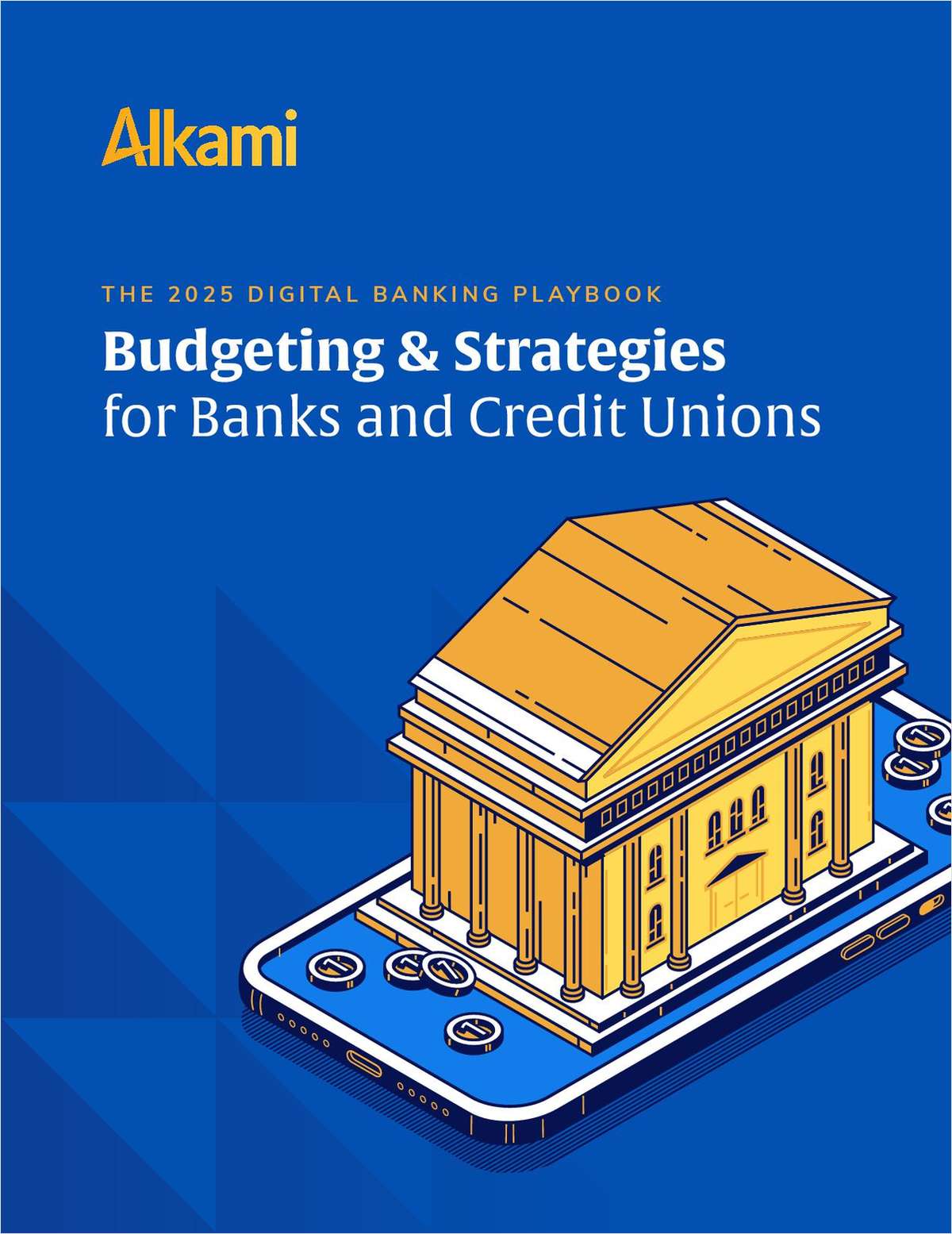WASHINGTON-The Federal Reserve and other impacted agencies have been spewing out regulations and comment requests for regulations implemented under the Fair and Accurate Credit Transactions Act amending the Fair Credit Reporting Act. The Fed recently issued final amendments to Regulation V to include language for financial institutions, including credit unions, when they disclose a negative report about a consumer to a credit reporting agency. When the proposed language went out in April, it received 50 comments, including from CUNA and NAFCU. The FACT Act required the Fed to develop clear language to make this disclosure to consumers in 30 words or less. What they came up with was two different notices for when an institution plans to report negative information and when it already has. The final disclosure language reads: * We may report information about your account to credit bureaus. Late payments, missed payments, or other defaults on your account may be reflected in your credit report; or * We have told a credit bureau about a late payment, missed payment or other default on your account. This information may be reflected in your credit report. If an institution extends credit and regularly, in the ordinary course of business furnishes information to a national credit bureau and furnishes negative information, the institution must provide "clear and conspicuous notice" to the customer or member. "Negative information" includes delinquencies, late payments, insolvency, or any form of default. The final rule also includes a safe harbor from liability for financial institutions that use the model notice or use the model notice, but rearrange its format. The amendments to Reg V become effective July 16. The Federal Trade Commission has also issued a final rule on providing consumers free annual credit reports under the FACT Act. The final rule requires the three national credit reporting agencies-Equifax, Experian, and Trans Union-to establish a "centralized source" for accepting consumer requests for free reports, including a Web site, a toll-free number, and a mailing address. It also sets a structured rollout schedule for when the central source will be available starting with the West Coast in December and moving eastward through June 1, 2005. The final rule requires that the centralized source: *Must have adequate capacity to accept requests from the reasonably anticipated volume of consumers making requests; * May collect only as much personally identifiable information as necessary to process requests; * Must provide clear and easily understandable information and instructions on how to make requests; and * May not include any advertising or marketing that interferes with, detracts from, or undermines the purpose of the centralized source. Relief is available for the credit reporting agencies during times of unusually high request volume. However, the credit bureaus must still meet reasonably anticipated request volume and create contingency plans. The final rule restricts the use of personally identifiable information collected from the centralized source as needed to process the transactions requested by consumers at the same time their requested the free annual credit report. Similar requirements were created for the nationwide specialty credit reporting agencies also. The FTC issued a proposal in March and accepted comments for a month, during which time they received approximately 2,300. The agency approved the final rule 5-0. Finally, the banking regulatory agencies issued a request for comments on proposed rule regarding the disposal of consumer information from credit reports last week. The banking agencies' proposed rule would require institutions amend information security programs to properly dispose of the consumer information that is not already protected under current law. This includes information from credit reports about a financial institution's employee or someone whose application for a product was denied. The proposed rule also adds a new definition of "consumer information." The proposal is being issued under section 216 of the Fair and Accurate Credit Transactions Act. NCUA had previously issued a similar proposal at its May board meeting. The comment period for the banks' proposed regulation is 45 days. The final rule would become effective three months after it is adopted. [email protected]
Complete your profile to continue reading and get FREE access to CUTimes.com, part of your ALM digital membership.
Your access to unlimited CUTimes.com content isn’t changing.
Once you are an ALM digital member, you’ll receive:
- Breaking credit union news and analysis, on-site and via our newsletters and custom alerts
- Weekly Shared Accounts podcast featuring exclusive interviews with industry leaders
- Educational webcasts, white papers, and ebooks from industry thought leaders
- Critical coverage of the commercial real estate and financial advisory markets on our other ALM sites, GlobeSt.com and ThinkAdvisor.com
Already have an account? Sign In Now
© 2025 ALM Global, LLC, All Rights Reserved. Request academic re-use from www.copyright.com. All other uses, submit a request to [email protected]. For more information visit Asset & Logo Licensing.









